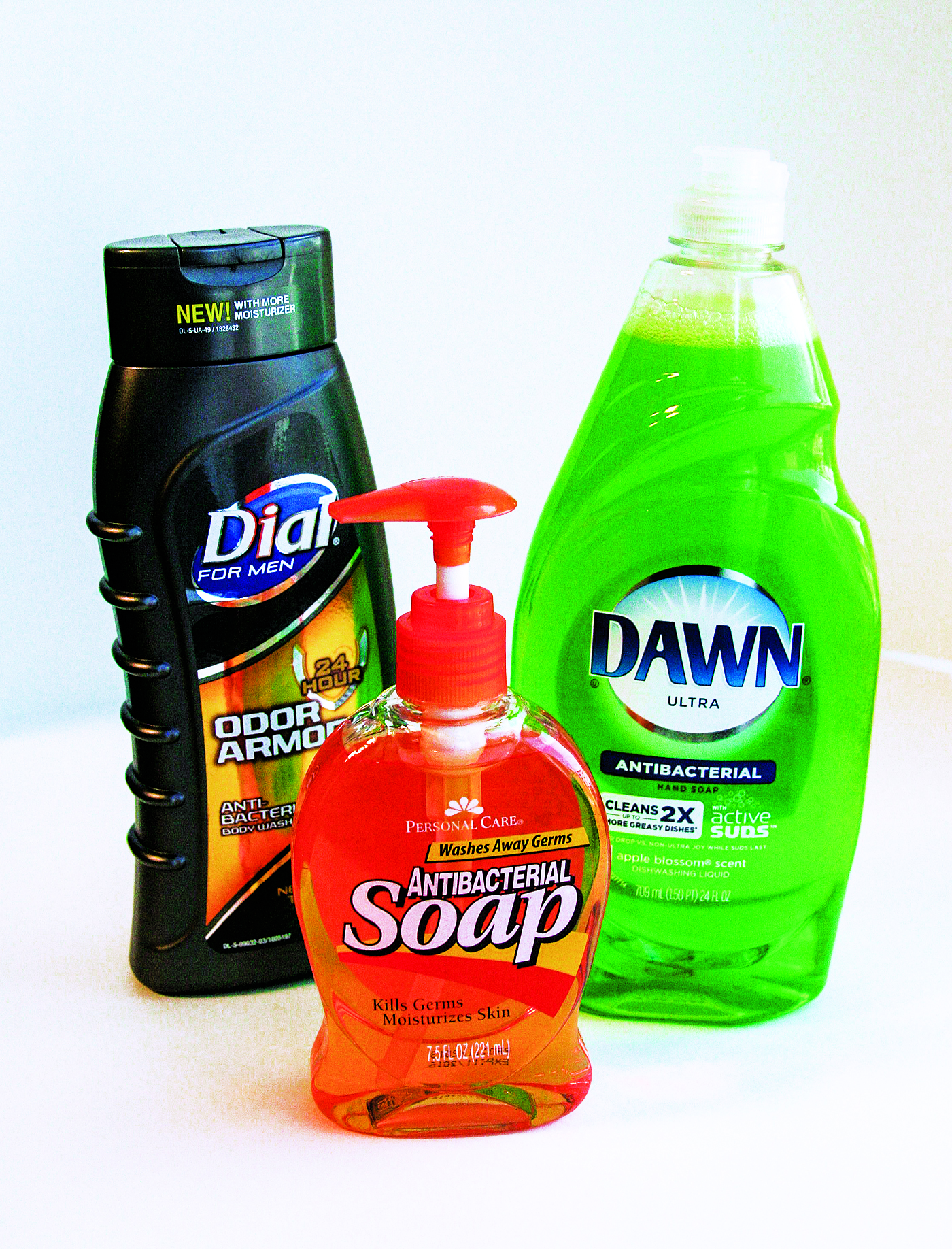Advertisement
Grab your lab coat. Let's get started
Welcome!
Welcome!
Create an account below to get 6 C&EN articles per month, receive newsletters and more - all free.
It seems this is your first time logging in online. Please enter the following information to continue.
As an ACS member you automatically get access to this site. All we need is few more details to create your reading experience.
Not you? Sign in with a different account.
Not you? Sign in with a different account.
ERROR 1
ERROR 1
ERROR 2
ERROR 2
ERROR 2
ERROR 2
ERROR 2
Password and Confirm password must match.
If you have an ACS member number, please enter it here so we can link this account to your membership. (optional)
ERROR 2
ACS values your privacy. By submitting your information, you are gaining access to C&EN and subscribing to our weekly newsletter. We use the information you provide to make your reading experience better, and we will never sell your data to third party members.
Environment
Industry Trade Group Has Broad Mandate
January 26, 2004
| A version of this story appeared in
Volume 82, Issue 4
COVER STORY
Industry Trade Group Has Broad Mandate
Ernie Rosenberg, president and CEO of the Soap & Detergent Association (SDA), is the first to acknowledge that the average citizen most often comes in contact with chemical products through cleaning materials. Indeed, it's owing to this frequent contact that Rosenberg and the rest of SDA's Washington, D.C., staff have plenty to do.
That SDA manages 400 of the 2,800 chemicals being tested as part of the Environmental Protection Agency's High Production Volume Challenge Program is a testimony to the ubiquitousness of chemicals in cleaning products. "You don't have to use a lot of a chemical in a high-volume application like cleaning products before you have a million-pound product," Rosenberg observes.
More than ever today, the impact of chemicals on the public is on the minds of regulators--officials with the European Union, in particular, but also those with the U.S. EPA and other regulatory bodies around the world. And the cleaning chemicals that consumers use and dispose of daily are often at the center of their thoughts.
In light of this scrutiny, Rosenberg says SDA's role as an advocate for its members is to ensure that their ability to make existing products or invent new ones is not unnecessarily hindered. One of the ways SDA accomplishes this is by defending the use of risk-based rather than hazard-based approaches to regulating chemicals. "Cleaning products aren't made to be eaten," Rosenberg points out. He argues that regulators should focus on exposure to chemicals in the environment rather than on their toxicity.
SDA has been pushing for risk-based analysis in two programs: the globally harmonized system for classification and labeling of chemicals and REACH, the EU's proposed plan for the Registration, Evaluation & Authorization of Chemicals. Although REACH is now a European project, Rosenberg warns that it is also a template that could be pursued by governments around in the world. "The EU is aggressively marketing it," he says. "REACH can't be looked at as just as a European issue."
More locally, SDA has been working to avert proposed bans in Michigan and Massachusetts on phosphate-containing automatic dishwasher detergents. It also has been raising awareness of a little-known side effect of proposed U.S. tax subsidies for biodiesel fuel: the huge amounts of by-product glycerine that would be produced by a biodiesel industry.
Rosenberg says SDA takes its role as an educator just as seriously as its advocacy role. "In a lot of trade associations, education is an afterthought or is directed at policymakers," he says. SDA, on the other hand, is working with the Centers for Disease Control & Prevention and the Consumer Product Safety Commission to raise consumer awareness of the connection between cleaning and health.
In particular, SDA is spreading the word that one of the most important deterrents to asthma is a clean home. It also promotes simple hand washing as a key to good health. "It's staggering how many lost work and school days are associated with diseases that are basically transmitted from hand to mouth," Rosenberg says.
SDA is unique among trade associations in that its members are both consumer product companies such as Procter & Gamble and chemical suppliers such as Akzo Nobel and Dow Chemical. Supplier members are under pressure from high natural gas prices and general economic malaise. Some of them are chagrined that the same cleaning product companies they have supported with customer service, R&D, and Responsible Care compliance are starting to buy from low-priced suppliers in China and other developing countries.
Rosenberg is aware of this friction and says he intends to address it with the association's board. But he believes periodic squabbles such as this one are a small price to pay for the many advantages that SDA's diverse membership brings. "Having suppliers and formulators on the same team is a huge strength," he says.





Join the conversation
Contact the reporter
Submit a Letter to the Editor for publication
Engage with us on Twitter